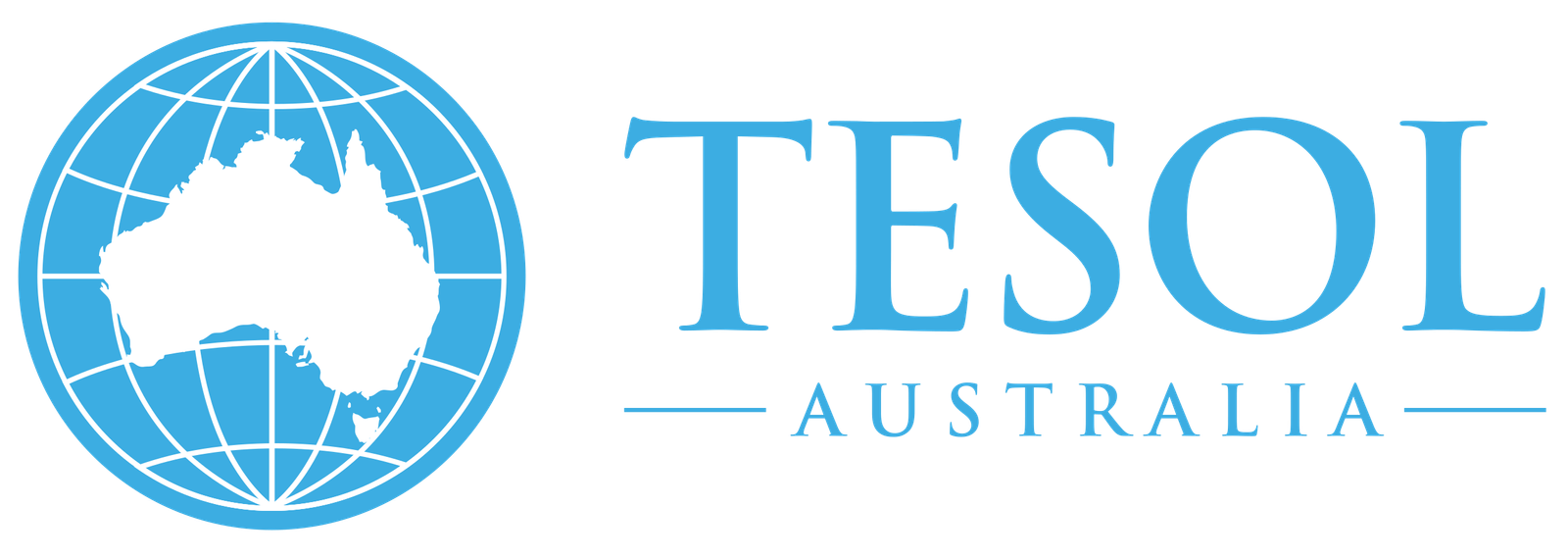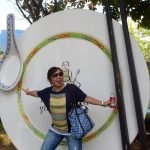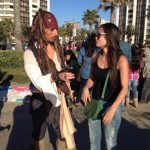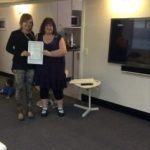6 TIPS to become the Best Study Tour Teacher
Communication: Always use either pair work or group work for all activities, even worksheets and reading tasks. When completing worksheets, students can discuss and come up with answers to complete a single worksheet in pairs. In groups, it is best that every student gets a copy of the worksheet, but one student can direct the group in coming up with the answers (this should be the strongest student in the group). For reading tasks, one student can read aloud to the other and then the pair can swap sentence for sentence. For group reading students can take turns in reading aloud to the group.
Demonstrate: Take time introducing every activity well, and make sure that you take the time to write out the activity on the whiteboard to help students follow and complete tasks. Use toys e.g. a Koala teddy or an animal puppet whilst demonstrating to make it fun and interactive.
Competitions: On the first days split your class into two teams and create lots of competitions between teams, as a reward hand out fake money and small wrapped lollies. On the last day of study tour do a “fake auction”, the students will use the fake toy money (you can buy fake toy money in Australian souvenir stores or the 2 dollar shop) you handed out which gives them the opportunity to bid on an item, the highest bidder wins the item. Items include Australian souvenir toys e.g. boomerangs, Australian magnets, stuffed Australian animals, Australian pencil cases & pencils etc.
Whiteboard: Make your white-board interesting with lots of drawings/maps, get students to interact with the whiteboard. Space out the whiteboard well, always leaving the centre of the whiteboard clear for adding in tasks and games. Make sure when writing on the whiteboard you punctuate clearly, write very neatly using capitals and lowercase. Leave a space on the board for vocabulary, a space for tallying up games and competitions, as well as homework space.
Prizes: Incentivize with prizes – kids love winning prizes. It doesn’t really matter what the price is, it’s the feeling of success and a touch of competitiveness that will excite children when they see a prize to be won. Lots of things can be prizes such as stickers, small inexpensive toys, small wrapped lollies (minties, fantails red skins etc), biscuits and even the honour of writing on the whiteboard. Before just handing out a prize, build up its value. Tell the children “There will be a prize for this task – “Who i going to win it?” Even better, make it a surprise prize, and mix it up. Sometimes for prizes give a sticker, sometimes for prizes a wrapped lolly, other times a small toy. This way, your kids will always be motivated and very curious to win a prize. Another way to give out prizes is to offer tea prizes. Explain to the class very clearly the rules of a game and the team prize to be won, by the winning side. Next, as you play the game, refer constantly to “Which team is going to win the surprise” to build up the excitement.
Games: Games are important for any study tour. Children are on holiday but still have to do schoolwork, so we want to make this as engaging and a fun as possible to keep them motivated, games are a great way to do this. You should have equal amount of game time for every worksheet activity, treat it like you’re a game-show host. Play whiteboard games such as backs to the board, pictionary, and charades. You can adapt almost any game for the ES classroom, however you must be careful with space when playing physical games. A good idea is to google a list of games for the ESL classroom an choose a dozen that you can use over and over with any topic.



























